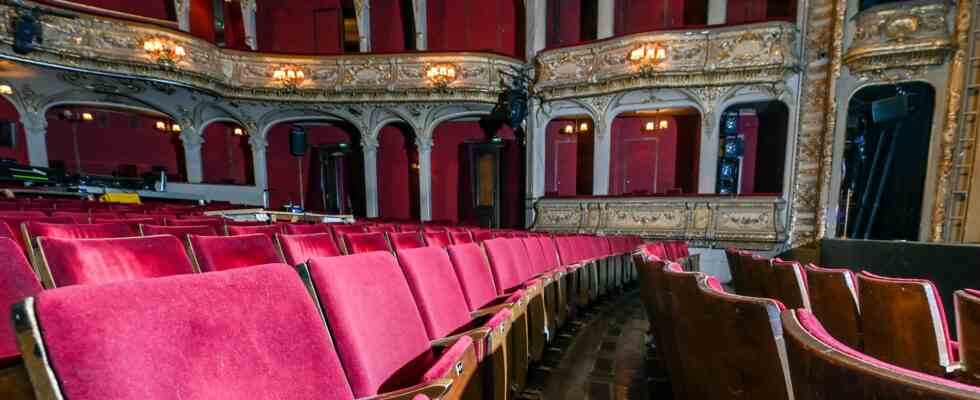Status: 04.08.2022 15:37
Cinemas, theatres, museums: these rooms are rarely small – but need to be heated and illuminated. A working group is now to plan how this can continue in the future despite the high energy prices.
The federal, state and local governments want to keep cultural institutions such as museums or theaters open, even in times of sharply rising energy prices. “Closing is definitely not the answer,” said Minister of State for Culture Claudia Roth in an interview with the dpa news agency.
Before that, she had met her counterparts from the federal states and representatives from municipalities in a video conference, which Klaus Müller, President of the Federal Network Agency, was also present.
Roth: “The situation is dramatic”
“The situation is dramatic,” said the Green politician, referring to the energy crisis. The consequences of the Russian war of aggression with the gas shortage hit “all of us,” says Roth – “including the cultural sector, due to massive price increases.” However, cultural institutions could set an example and say: “Yes, we understand, we have to make a contribution”.
The primary goal is that all cultural institutions remain open, said Ina Brandes (CDU), Minister of Culture in North Rhine-Westphalia and Chairwoman of the Conference of Ministers of Culture. “Cultural offerings should be there for the public despite the great challenges of the energy crisis.”
Minister of State for Culture Claudia Roth advocates an open approach to Russian culture.
Image: dpa
“Save as much energy as possible”
The culture ministers appealed to museums, theaters and other cultural institutions to reduce their energy consumption. “First and foremost, that means saving energy everywhere, as far as possible without endangering the functionality of cultural institutions,” said Minister of State for Culture Roth.
Archives, museums and libraries that store important cultural assets should also be prioritized as part of the critical infrastructure in the energy supply in the gas emergency plan, even at the highest alarm level, CDU politician Brandes demanded. “At the same time, all cultural institutions are called upon to save as much energy as possible.”
Gradual plans are to be drawn up for savings potential in order to determine limit values and “possibly also to define what cultural assets are particularly worthy of protection. The cultural infrastructure as a whole should be preserved. It is particularly important in these difficult times.”
One option: less heating
A working group should promote the exchange intensively. The culture ministers want to proceed together. “It’s important to pull together on potential savings,” said Roth. “In the federal states, very different measures have already been considered, studies have been carried out and proposals have been drawn up. We want to exchange them with each other so that we can then agree on a common line in September.”
The museums and institutions are currently determining their potential. “It’s still too early to give percentage savings,” Roth said. “These are very different cultural institutions, you have to look at that together with the associations. But there is a great willingness to save and to think about how to deal with the temperatures”.

